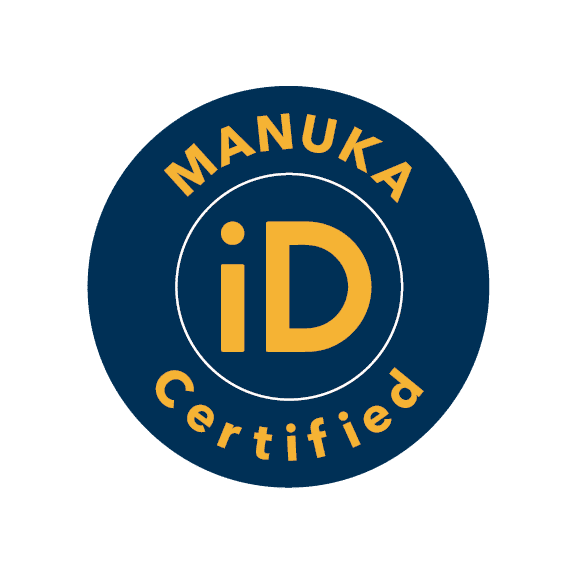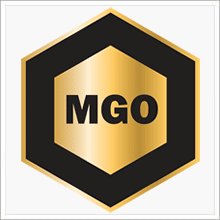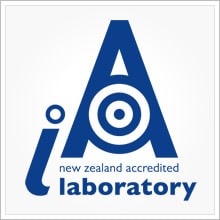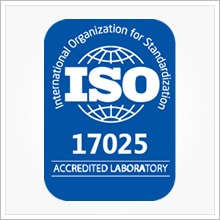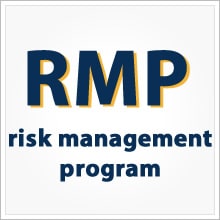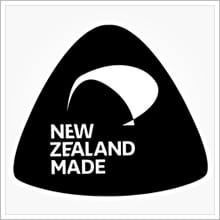As a vital part of MNZ's Bee Protection & Health Program, we not only rely on our dedicated beekeepers but also employ a specialist apiculturist and seasonal beekeeping inspectors. These professionals are primarily based in New Zealand's North Island and are responsible for assigned areas across both the North and South Islands. MNZ is deeply committed to the wellbeing of our invaluable workers – our bees.
MNZ manages an impressive network of over 5600+ hives, housing many millions of bees. These hives are strategically located in some of the most secluded areas on both the North and South Islands of New Zealand. Our hive locations vary significantly, ranging from large operations with more than 80+ colonies to smaller, more remote setups with just a few colonies. We prioritize rural locations for hive placement, especially areas abundant in Manuka trees, ensuring an ideal environment for our bees.
The Bee Protection & Health Program is comprehensive, encompassing regular inspections of our wooden beehives and the bee colonies themselves. We pay close attention to potential threats, such as the presence of pests like Varroa and Tropilaelaps mites, and pathogens including the fungal disease Nosema and other viruses.
This program is not just about monitoring; it's about proactive health management. We keep a close eye on the current health status of our hives, colonies, and queens, including those sourced from external breeders. This vigilant approach ensures that every aspect of our supply chain, from the bees themselves to the final products, maintains the highest standards of health and quality.
As part of our ongoing Bee Protection & Health Program our bees are being fed ONLY with their own honey supply which they have build up from honey mid season towards the end of the season in their own hives in order to survive the New Zealand winter months. Our bees would only have to be fed supplementary if their own honey is being deprived due to extreme and very harsh winters. Our management system is setup in such a way that our bees always have sufficient honey of their own within their own hives.
The Bee Protection & Health Program at MNZ implements a stringent quality control process to ensure that all our Manuka honey meets the highest standards. This process involves testing for a variety of parameters, including microbiological elements, toxins, pesticides, sugars, pollen content, moisture levels, taste, color, and enzyme activity. These measures align with the requirements set by the New Zealand Ministry for Primary Industries (MPI), guaranteeing that every batch of Manuka honey entering and leaving our packaging facility is of exceptional quality.
Additionally, MNZ operates under the oversight of two key government agencies in New Zealand, which establish regulations to safeguard honey bees and food resources:
The New Zealand Ministry for Primary Industries (MPI) is responsible for the country's food safety system. They set and monitor standards within the food industry, ensuring compliance and safety. MNZ actively participates in MPI’s national screening program, which complements our own batch monitoring efforts. Section 8.0 of the MPI Consolidated List of Tests for Animal Products details the chemical residue testing for honey, akin to that for other animal products like meat, fish, and dairy.
The New Zealand Environment Protection Authority (EPA) plays a crucial role in protecting bees and other pollinators (like moths, butterflies, hoverflies, and birds) by regulating the use of insecticides. New Zealand has long-standing, strict regulations on neonicotinoid-containing insecticides. The EPA manages these risks by setting specific rules for neonicotinoid use, with special measures designed exclusively for bee protection.
A key strategy in protecting our raw, monofloral Manuka honey involves careful placement of our wooden beehives. We select remote, rural, and pristine locations, far removed from farmland. This approach significantly reduces the risk of herbicide and pesticide contamination, ensuring the purity of our honey.
Under the Bee Protection & Health Program, MNZ conducts extensive testing on all our honey products. These tests check for both naturally occurring compounds and potential traces of pesticides. This rigorous testing regime ensures that our raw honeys and honey products are among the purest in the world.
MNZ produces exclusively raw, unfiltered, unpasteurized, monofloral manuka honey in BPA-free packaging and is produced, processed and packaged in New Zealand.
